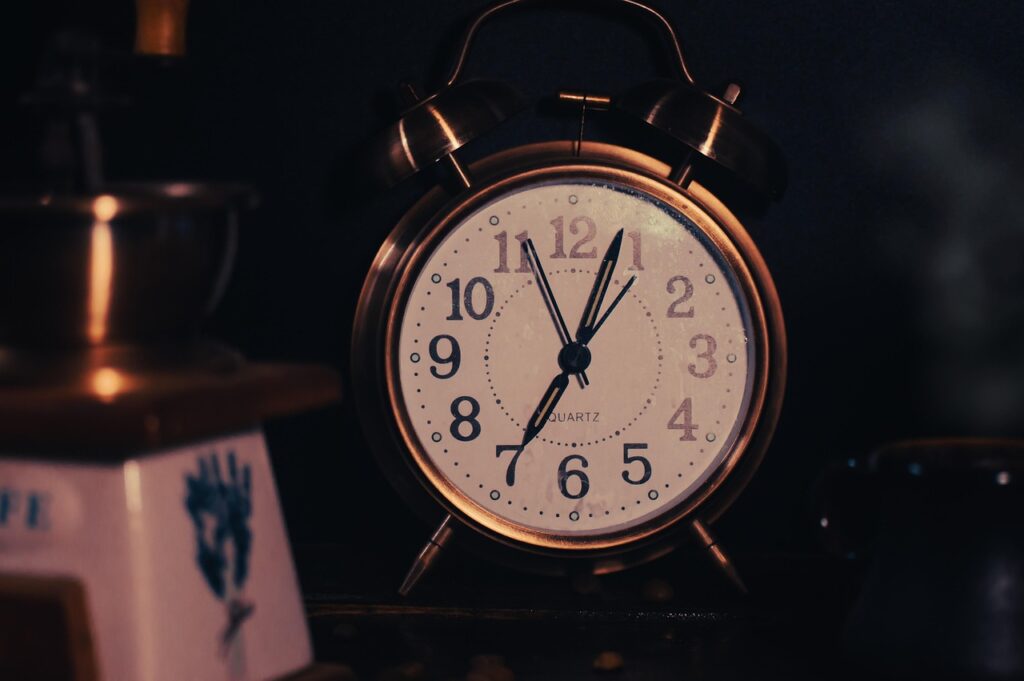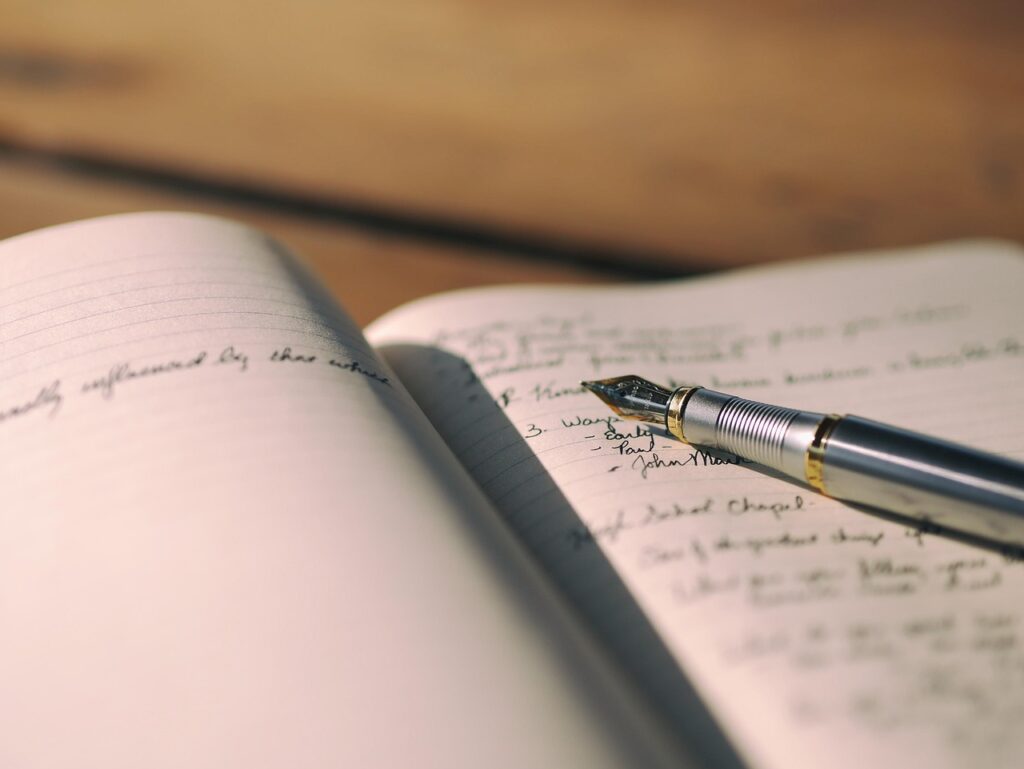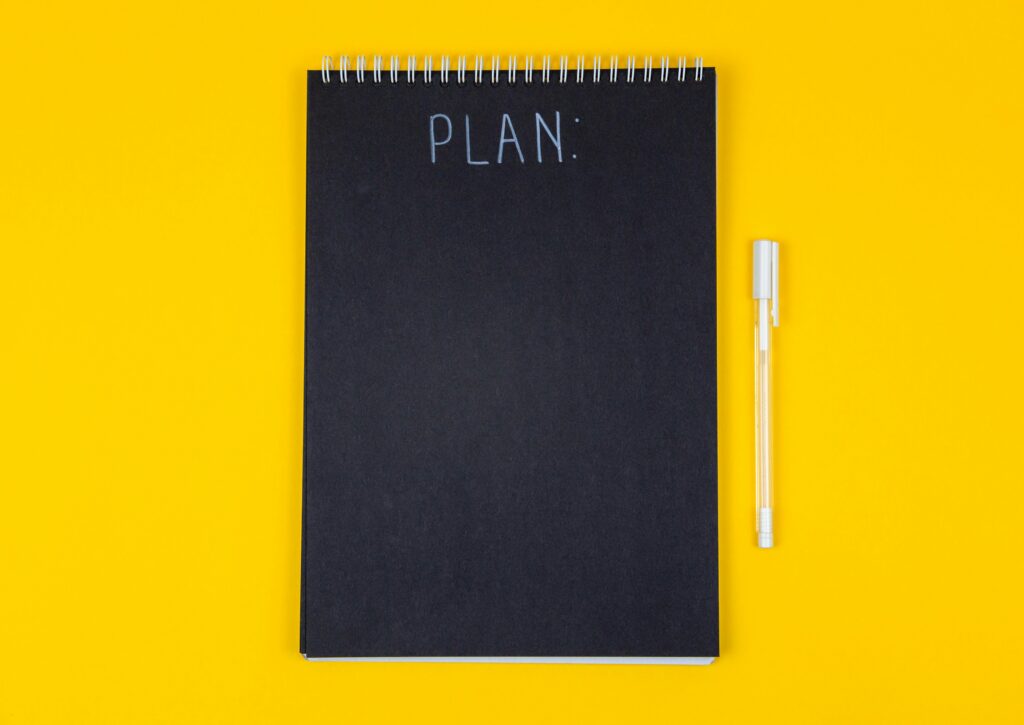Mornings set the tone for your entire day. How you start your morning can influence your energy, mental clarity, mood, and productivity. Whether you’re an entrepreneur, remote worker, or just someone striving for better days, crafting a morning routine backed by science can be your secret weapon.
In this blog post, we explore the best morning habits that improve productivity and mood, why they work from a scientific perspective, and how you can implement them starting tomorrow.
Why Morning Routines Matter
A morning routine is more than just a trend—it’s a behavioral framework that primes your mind and body for success. According to a 2019 study published in Nature Communications, people who identify as “morning types” tend to report better mental health and higher productivity levels. This isn’t just genetics—habits matter.
When you have a structured morning, you reduce “decision fatigue” (a phenomenon explored by psychologist Roy Baumeister) and free up mental energy for high-priority tasks later in the day.
1. Wake Up at the Same Time Every Day
Why it works: Consistency in wake time aligns your body with its natural circadian rhythm, which regulates sleep, hormone release, and mental alertness. Disruption of this rhythm can cause irritability, fatigue, and cognitive sluggishness.
Science says: A study from Harvard Medical School showed that irregular sleep patterns are associated with lower academic performance and higher levels of stress—even when total sleep time was the same.
Pro tip: Use a sunrise alarm clock to gradually wake your body with light and reduce cortisol spikes.

2. Hydrate First Thing in the Morning
Why it works: Your body loses water overnight through breathing and sweat. Starting your day dehydrated can lead to fatigue, brain fog, and mood swings.
Science says: Research from the Journal of Nutrition found that even mild dehydration (1–2%) can impair cognitive performance and mood.
What to do: Drink 16–24 oz of water within the first 10 minutes of waking. Add a pinch of sea salt or a squeeze of lemon for electrolytes and digestion.
3. Practice 5–10 Minutes of Mindfulness or Meditation
Why it works: Mindfulness reduces cortisol, your stress hormone, and increases dopamine and serotonin, the brain’s feel-good chemicals. Starting your day centered helps improve focus and emotional regulation.
Science says: A study from JAMA Internal Medicine found that mindfulness meditation significantly improves anxiety, depression, and sleep in as little as 8 weeks.
Options: Guided meditations (like Headspace or Calm), deep breathing, or silent reflection.

4. Move Your Body (Even for 10 Minutes)
Why it works: Morning exercise increases blood flow to the brain, enhances mental performance, and releases endorphins—boosting your mood and motivation for the rest of the day.
Science says: According to a study in British Journal of Sports Medicine, a short bout of moderate exercise in the morning improves cognitive function and working memory throughout the day.
Ideas: A brisk walk, 10-minute yoga flow, or light strength training.
5. Plan Your Day with Intent
Why it works: Writing down 3–5 top priorities helps you start the day with clarity and focus, reducing mental clutter. This practice aligns with the Zeigarnik Effect—our brain’s tendency to fixate on unfinished tasks.
Science says: A study in Journal of Experimental Psychology found that people who wrote down their intentions before bed or in the morning experienced reduced anxiety and better task completion.
Try this: Use a simple planner or digital tool like Todoist or Notion. Identify your “MITs” (Most Important Tasks).

Bonus: Limit Caffeine for the First 60–90 Minutes
Why it works: Your cortisol naturally peaks shortly after waking. Drinking coffee too early may interfere with this natural alertness cycle, leading to dependency and afternoon crashes. This tip is highly recommended by neuroscientist Dr. Andrew Huberman. You can learn more about the morning routine recommendations on one of his YouTube Channels. I’ll leave the link below.
Science says: According to Steven Lockley, a neuroscientist at Harvard, delaying caffeine intake aligns better with your circadian rhythm and sustains energy longer.
Tip: Try waiting until 9:00–10:00 a.m. for your first cup.
Build Your Personalized Morning Routine
Not every routine fits every lifestyle, but the key is consistency. Start small: integrate one or two of these habits, then build up over time. Use tools like:
- Habit trackers (like Habitica or Streaks)
- Smart alarms
- Wearables (Oura, Fitbit, etc.) to track sleep and activity
Remember: A good morning starts the night before. Prioritize 7–9 hours of quality sleep to maximize the benefits of your morning routine.
Final Thoughts
A powerful morning routine isn’t about perfection—it’s about priming your mind and body to operate at its best. These science-backed habits are simple, sustainable, and proven to enhance focus, mood, and productivity.
If you’re ready to start your days feeling energized and in control, begin with just one habit tomorrow—your future self will thank you.







